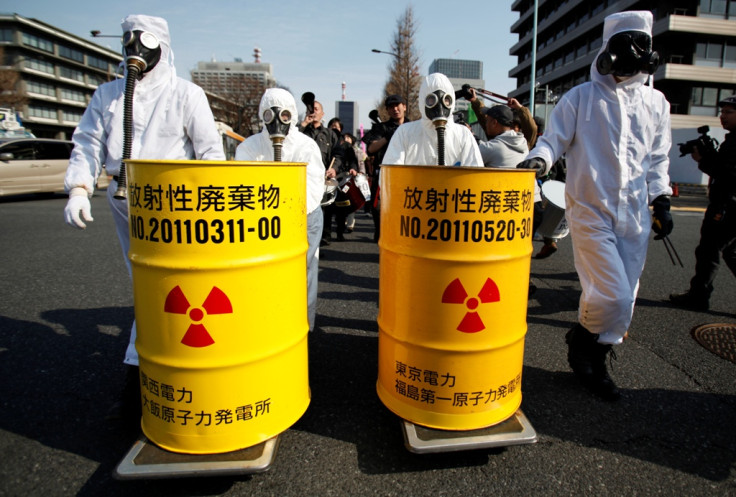Japan Could Ask Utilities to Scrap Ageing Nuclear Reactors

Japan will reportedly ask nuclear power plant operators to decommission a quarter of the nation's 48 reactors, which are either too old or too costly to upgrade to meet the safety standards imposed after the Fukushima disaster.
The move could help Tokyo regain public support to restart newer nuclear units, lowering Japan's reliance on expensive fossil fuel imports, the Nikkei reported. Public opinion has turned against nuclear power after the 2011 Fukushima disaster.
Kansai Electric Power, Japan's second largest utility and the most dependent on nuclear-generated power, could be the first to consider scrapping two of its ageing nuclear reactors, the Nikkei report added.
Kansai has suffered three years of net losses from higher fossil fuel costs following the idling of its nuclear units.
Revised nuclear safety rules make it tougher to upgrade and run older reactors, and nearly two-thirds of the nation's 48 inoperative nuclear units may not return to operation owing to high costs, local opposition or seismic risks, a Reuters analysis showed earlier in the year.
All of Japan's nuclear reactors were gradually shut down over the course of a year as part of the safety drive imposed after the March 2011 earthquake and tsunami wrecked the Fukushima Daiichi nuclear power plant.
The closures have left the country with no nuclear-derived electricity for the first time since 1970.
© Copyright IBTimes 2024. All rights reserved.







